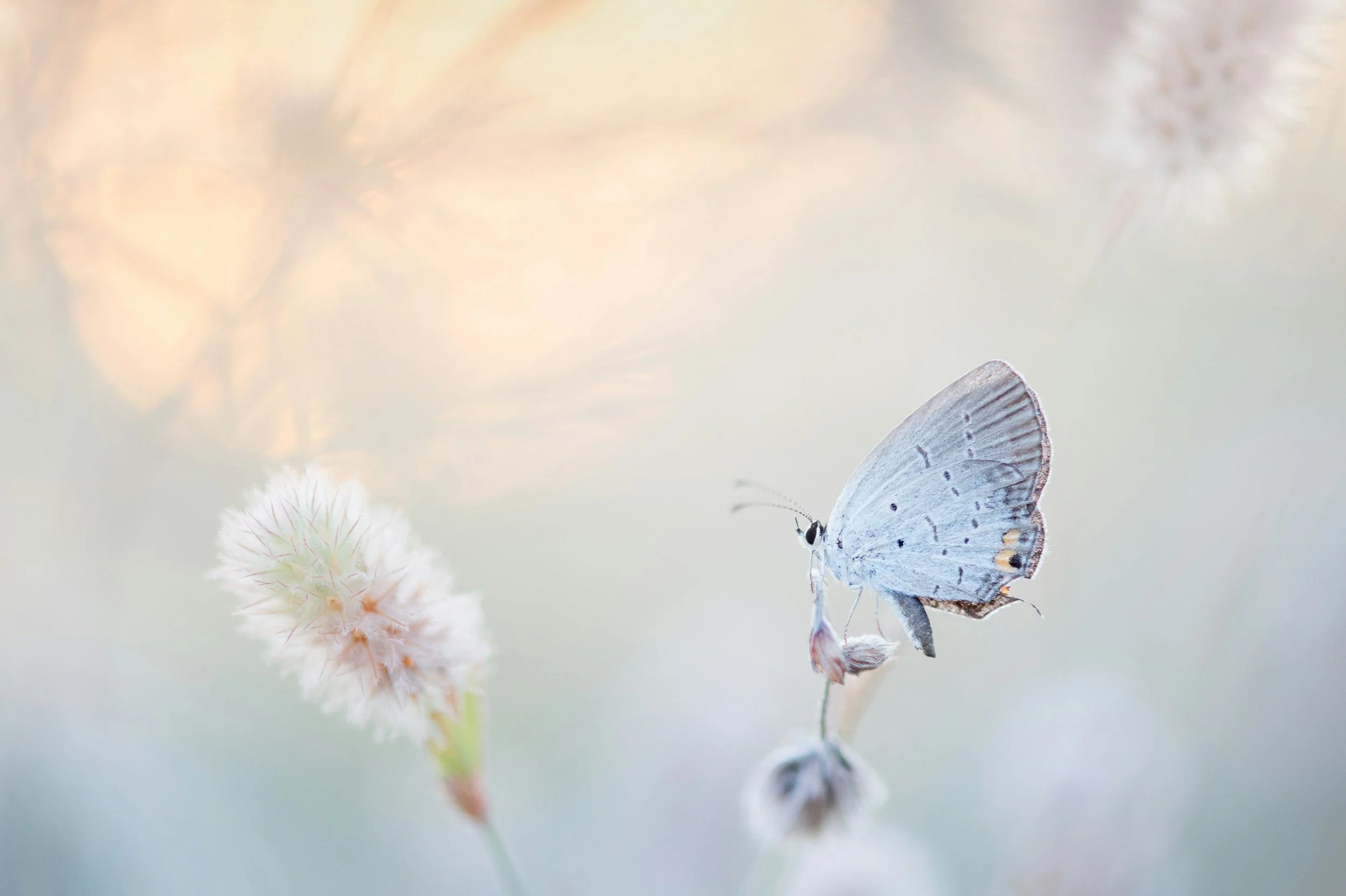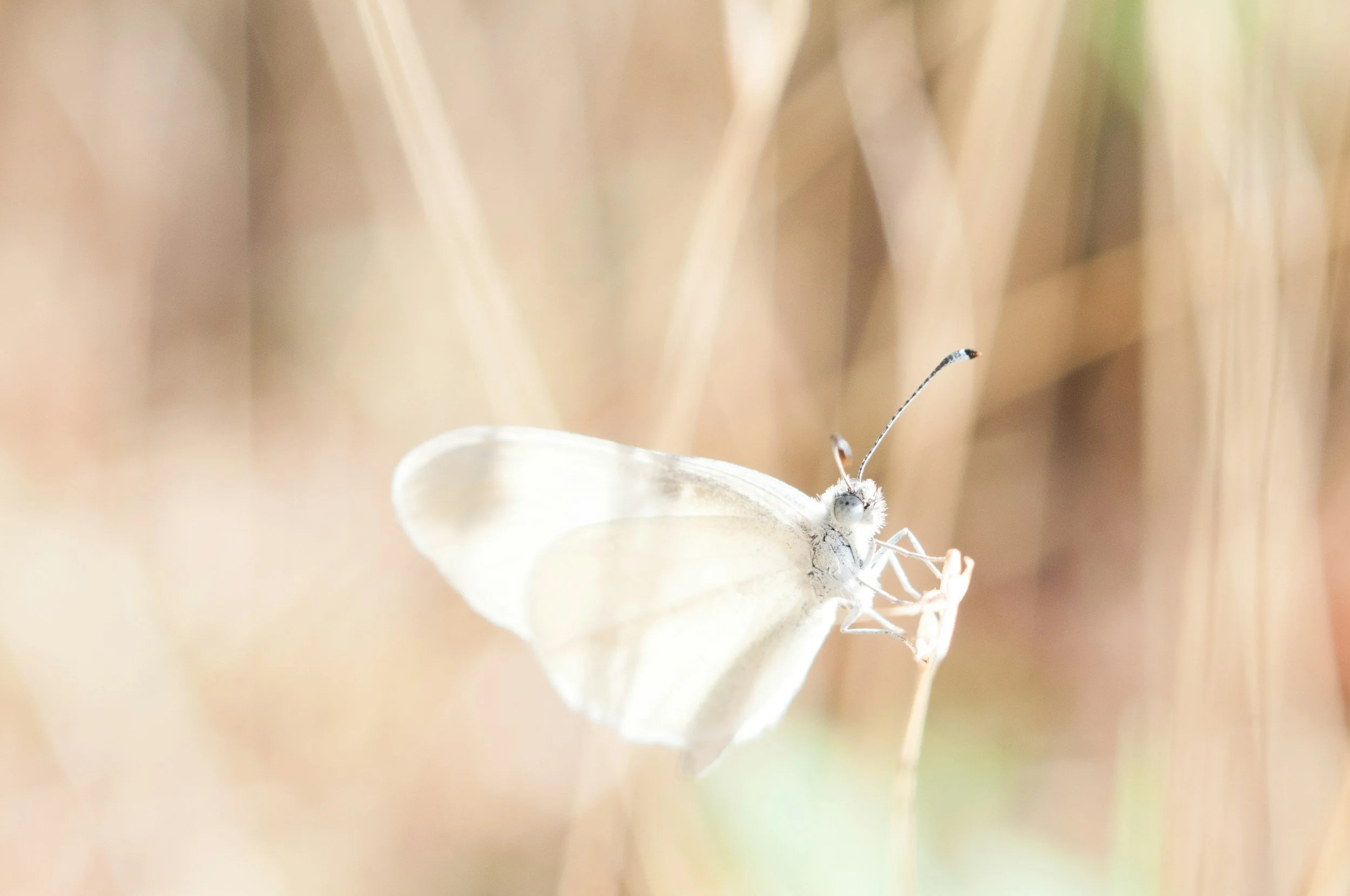
-
Organic Gardening Practices
Sustainable, chemical-free gardens are entirely achievable. By adopting a few natural and regenerative practices, you can cultivate a healthy organic garden without relying on synthetic fertilizers or pesticides.
-
Companion Planting
Companion planting is a foundational practice for cultivating a healthy, resilient garden. Incorporating a variety of herbs and flowering plants alongside your vegetables attracts beneficial insects such as ladybugs and garden spiders, which naturally help control pests like aphids and caterpillars. Simultaneously, the blooms and aromatic foliage of herbs draw essential pollinators, increasing fruit and vegetable yields. This approach supports a biodiverse ecosystem, enhancing plant health and productivity without the need for synthetic chemicals.
-
Soil Health
Did you know your garden can produce food year-round—and doing so can actually improve long-term soil health? By incorporating cover crops such as native clover, buckwheat, oats, wheat, and alfalfa, you can naturally replenish soil nutrients, suppress weeds, and provide habitat for pollinators. These crops play a vital role in regenerative gardening by keeping the soil covered, reducing erosion, and promoting microbial activity. As a result, your soil remains loose and fertile, creating ideal conditions for a more vigorous, productive, and manageable summer garden—all while supporting sustainable, chemical-free practices.
-
Composting
Composting is a simple yet highly effective sustainable practice that significantly reduces food and yard waste, while creating a nutrient-rich organic fertilizer. By diverting biodegradable materials from landfills, composting helps lower greenhouse gas emissions—particularly methane—thereby contributing to climate change mitigation. In addition to enriching soil with essential nutrients, compost improves soil structure, enhances water retention, supports healthy microbial activity, and reduces the need for chemical fertilizers. This eco-friendly process not only benefits your garden but also supports broader environmental and agricultural health.

-
Solitary Bees
Did you know only 10% of Bees live in colonies? The other 90% work and nest alone.
-
Pollen Spreaders
Different species of bees pollinate differently. While social bees that thrive in colonies are considered pollen gatherers, solitary bees are considered pollen spreaders. This means they pollinate 30-60% more than social bees.
-
Worth protecting
Solitary bees are also Native to North America. Having evolved for over 130 million years!
-
But they need your help
Now more than ever, these vital insects are losing access to safe and reliable nesting habitats. The widespread use of pesticides, along with the accelerating impacts of climate change, is driving a significant decline in pollinator populations worldwide.
-
How can you help?
You can support pollinators by creating safe nesting habitats, providing clean water sources, reducing or eliminating pesticide use, and planting native species that offer essential food and shelter.

-
Creating a Moon Garden
Nocturnal pollinators such as moths and bats play a vital role in maintaining healthy ecosystems and supporting plant reproduction. These nighttime visitors can be easily attracted to your garden by planting native, moon-blooming flowers that open or release their fragrance after dusk.
-
Evening Primrose
Evening primrose is a perfect addition to any pollinator garden that will now double as a moon garden! With yellow flowers that glow under the moonlight, evening primrose blooms at night, attracting nocturnal pollinators with its fragrant petals and beautiful moonlit glow.
-
Texas Kidneywood
Fragrant, reflective, and beautiful both day and night, Texas kidneywood is another perfect native addition to your moon garden!
-
Yarrow
Specifically, Achillea millefolium, Yarrow is a perfect evening primrose companion. This variety is native to Texas, loved by pollinators, and a beautiful moonlit addition to any moon garden!
-
Mistflower
A fall-blooming, low-growing shrub covered in fragrant white flowers that retains its beauty even through winter! Loved by nocturnal and daytime pollinators alike!
-
The List goes on!
Make your moon garden as unique as you are! There are many other vines, flowers, and shrubs that give thanks to our nighttime pollinator friends!